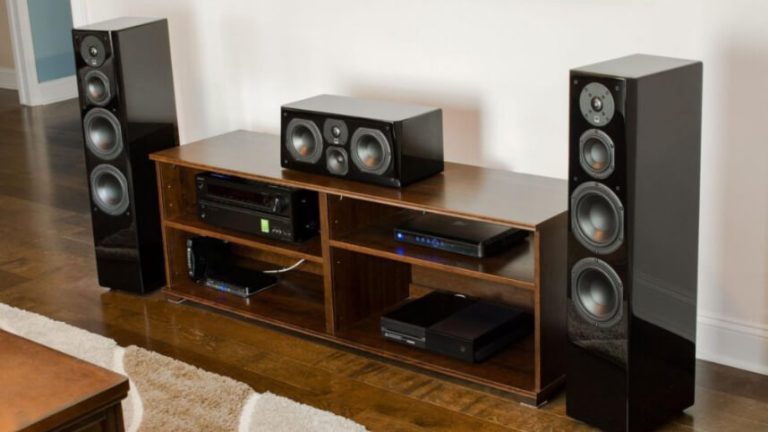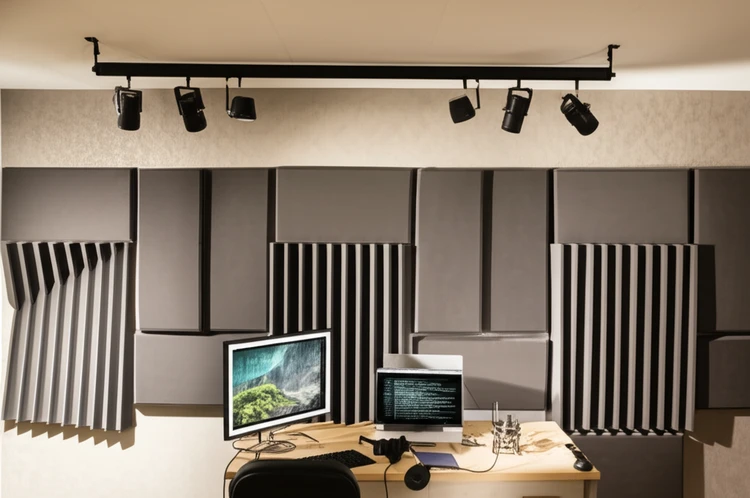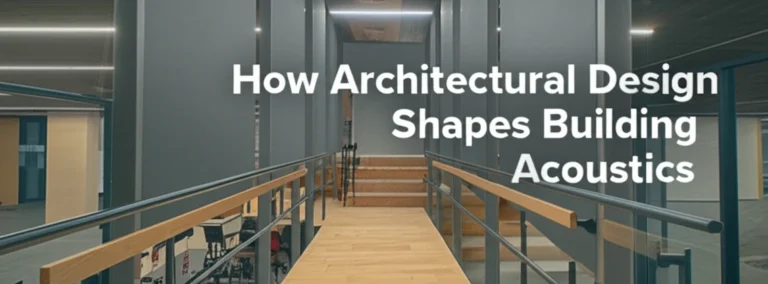
A noisy car can be more than just an annoyance. It disrupts conversations, hampers music enjoyment, and creates an overall unpleasant driving experience. Persistent vehicle noise can even lead to increased stress and fatigue, especially on long journeys.
Learning how to reduce automotive noise for a quieter ride can significantly improve driving comfort and overall well-being.
Automotive noise can stem from a variety of sources, including the engine, tires, road surface, wind, and even loose components within the cabin. Fortunately, there are numerous strategies to mitigate these noises and create a more serene driving environment. This article will explore the common culprits of car noise and provide practical solutions, from simple DIY fixes to professional-grade techniques, for achieving a quieter ride.
Common Sources of Automotive Noise
Engine Noise
The engine is often the most significant noise contributor in a vehicle.
The combustion process, the movement of pistons, valves, and other internal components, along with vibrations from the engine block itself, all generate sound. As the engine ages, wear and tear on components like bearings, belts, and exhaust systems can amplify these noises, making regular maintenance a crucial aspect of noise control.
Road Noise
Road noise is caused by the interaction between your tires and the road surface. Rough asphalt, concrete surfaces, gravel, and uneven roads create vibrations that transmit through the tires, suspension, and into the vehicle’s cabin.
Tire type, tread pattern, and inflation pressure all play a role in the level of road noise experienced.
Wind Noise
As your vehicle moves at higher speeds, air resistance against the car’s body generates wind noise. This noise becomes more pronounced with increasing speed. Gaps in door and window seals, poorly designed aerodynamics, and protruding accessories like roof racks can exacerbate wind noise issues.
Cabin Noise
Noises originating inside the cabin can also contribute to an unpleasant driving experience.
Loose trim pieces, rattling dashboards, inadequate insulation, and aging interior materials can allow vibrations and external noises to infiltrate the passenger compartment. These issues often manifest as buzzing, humming, or squeaking sounds that can be particularly distracting.
Key Strategies for Automotive Noise Reduction
1. Upgrade Sound Insulation (How to Reduce Automotive Noise for a Quieter Ride)
One of the most effective ways to reduce automotive noise for a quieter ride is by installing sound-deadening materials.
Products like mass-loaded vinyl (MLV), closed-cell foam, and butyl mats are designed to block external noise and absorb vibrations. These materials can be applied to the floor, doors, roof, trunk, and even the firewall to create a barrier against unwanted sounds. Adding insulation within the engine bay can also help reduce engine noise, but professional installation is often recommended for this area.
2. Optimize Tires for Noise Reduction
Switching to tires specifically engineered for noise reduction can make a substantial difference. These tires typically feature softer rubber compounds and optimized tread patterns that minimize road noise. Maintaining correct tire pressure and ensuring proper wheel alignment are also vital for reducing noise and maximizing tire lifespan.
3. Maintain Vehicle Components
Regular vehicle maintenance is key to preventing unnecessary noise. Tightening loose bolts, lubricating moving parts, and promptly replacing worn-out belts, bearings, and exhaust components can significantly reduce noise levels. Addressing minor issues early can prevent them from developing into more significant and costly problems.
4. Install Noise-Reducing Windows
Upgrading to acoustic laminated glass can substantially reduce external noise intrusion. These windows consist of two layers of glass with a sound-dampening interlayer. Ensuring tight seals around doors and window frames also helps to create a quieter cabin environment.
5. Enhance Vehicle Aerodynamics
Improving your vehicle’s aerodynamics can reduce wind resistance and subsequently minimize wind noise. This can be achieved by adding wind deflectors, ensuring body panels are properly aligned, and minimizing the use of external attachments like roof racks and cargo carriers.
DIY Noise Reduction Techniques
For budget-conscious drivers, several DIY noise reduction techniques can help achieve a quieter ride:
- Apply Weatherstripping: Seal gaps around doors and windows with weatherstripping tape to block air leaks and reduce wind and road noise.
- Use Adhesive Soundproofing Mats: Apply adhesive-backed sound deadening mats to the floor, trunk, and door panels to absorb vibrations and reduce noise transmission.
- Install Foam Liners in Wheel Wells: Adding foam liners inside the wheel wells can help dampen road noise and minimize vibrations from the tires.
- Regularly Inspect and Tighten: Periodically inspect and tighten loose screws, bolts, and interior trim pieces to eliminate rattles and squeaks.
Advanced Technologies for Noise Control
Modern vehicles often incorporate advanced noise-reduction technologies:
- Active Noise Cancellation (ANC): ANC systems use microphones to detect unwanted noises and then generate opposing sound waves through the car’s speakers to cancel them out. This technology is particularly effective at reducing low-frequency engine and road noise.
- Hybrid and Electric Vehicles: The absence of a traditional combustion engine in hybrid and electric vehicles inherently makes them quieter than gasoline-powered cars.
However, wind and road noise remain factors that automakers address with soundproofing and aerodynamic design.
- Smart Materials: The automotive industry is increasingly using advanced materials designed to minimize vibrations and reduce sound transmission. These materials might incorporate features like variable density or active damping capabilities to adapt to different frequencies and noise levels.
FAQ
How can I tell what is causing the noise in my car?
Identifying the source of noise requires a systematic approach. Drive at different speeds and on various road surfaces to observe patterns.
Note the location and type of noise (e.g., rattling, humming, whistling). If self-diagnosis proves challenging, consult a qualified mechanic who can utilize specialized diagnostic tools.
Are electric cars quieter than gasoline-powered vehicles?
Generally, yes. Electric vehicles are inherently quieter due to the absence of a combustion engine.
However, road and wind noise can still be noticeable, prompting manufacturers to implement noise reduction measures like aerodynamic design and sound-dampening materials.
How much does professional soundproofing cost?
The cost of professional soundproofing varies depending on the vehicle’s size, the extent of work required, and the materials used. Basic sound deadening treatments might start around $500, while comprehensive packages covering the entire vehicle can exceed $2,000. Obtaining multiple quotes from reputable installers is recommended.
Can I install noise-reducing materials myself?
Many soundproofing materials are DIY-friendly, particularly those designed for interior application.
However, for complex installations, such as soundproofing the engine bay or firewall, professional expertise is often advisable for optimal results.
Conclusion
Reducing automotive noise is crucial for a comfortable and enjoyable driving experience. By understanding the sources of noise and implementing appropriate reduction strategies, you can create a significantly quieter ride. Whether you choose DIY solutions, invest in professional soundproofing, or opt for a vehicle with advanced noise-control technologies, taking steps to minimize unwanted sounds will undoubtedly enhance your time behind the wheel.






